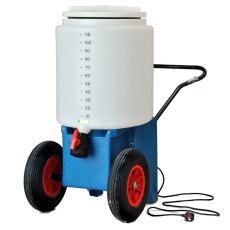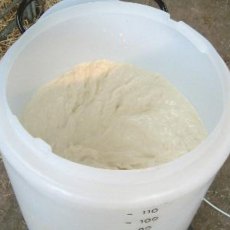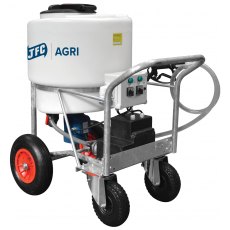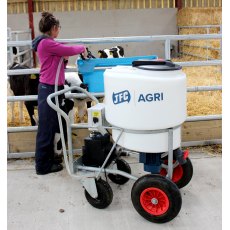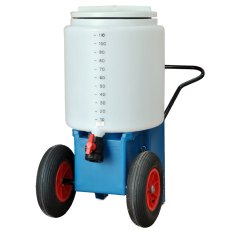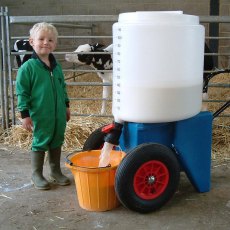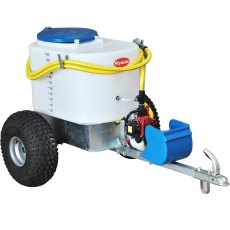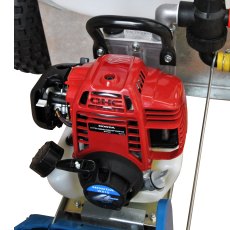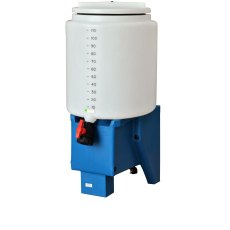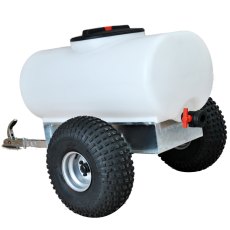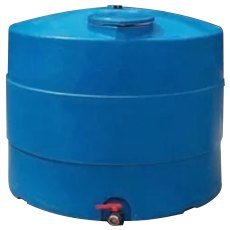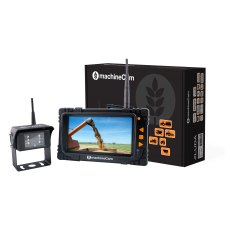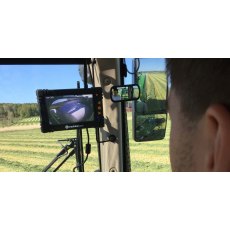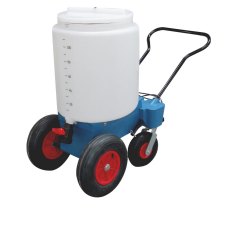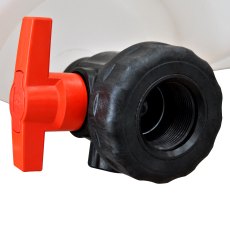Milk Tanks
A range of emergency milk storage tanks for commercial uses. Manufactured using MDPE materials in the UK. Applications such as emergency milk tanks, emergency storage and backup supply plus many more uses and applications, various shapes and sizes. 1380 litres (304 gallons) - 3200 litres (704 gallons)
Milk Tanks FAQs
I need a footbath for my cattle, do you supply these?
We do supply footbaths for your cattle, we even have them for the sheep and us too!
How often should water troughs be emptied?
It's crucial to establish a routine that aligns with the specific needs of your farm. Regularity is key, with a general guideline suggesting that checking and cattle drinker troughs at least once a week is a good starting point. This routine maintenance ensures that your animals have access to clean and fresh water consistently.
Consider factors such as the size of the trough, the number of animals using it, and prevailing weather conditions. High-traffic troughs or those in areas with concentrated animal activity may necessitate more frequent attention. Additionally, monitor water quality, checking for signs of algae, sediment, or debris. If present, prompt cleaning becomes imperative to maintain the health and well-being of your livestock. The frequency of emptying water troughs can also be influenced by external elements like weather. In hot conditions, troughs may require more frequent checks to prevent algae growth and guarantee an ample supply of fresh water. During freezing temperatures, monitoring and preventing ice build-up becomes essential to ensure continuous access to water.
Tailor your approach based on the unique characteristics of your farm, the size of the troughs relative to the number of animals, and any ongoing health concerns within the herd. By adopting a proactive stance and incorporating regular checks into your routine, you not only safeguard the health of your livestock but also contribute to the overall efficiency of your farm operations. Stay attentive to the condition of the water and troughs, adjusting your maintenance schedule as needed.

 Login
Login